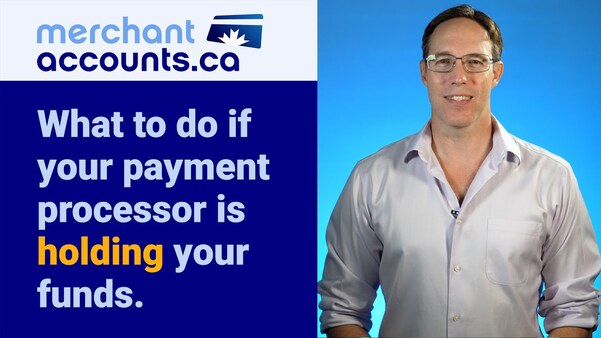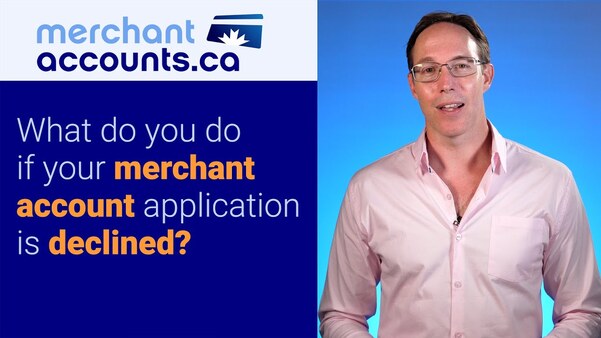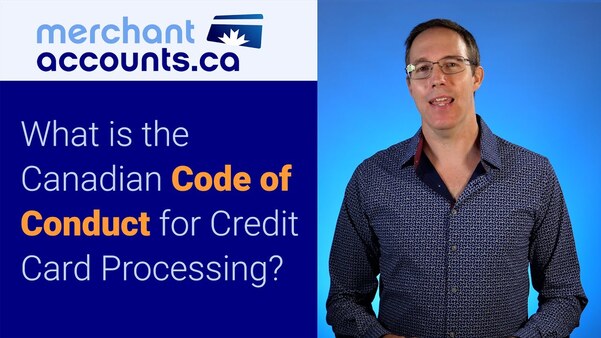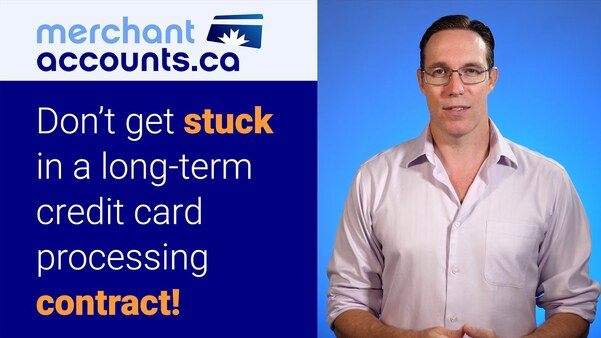Getting approved for a merchant account if you have poor credit or a bankruptcy.
May 13, 2011by David Goodale

It's important to understand that every bank has its own approval criteria and different views on the risk associated with a merchant that has filed for a bankruptcy. Always remember that what one bank considers high risk, another may be happy to accommodate. It's one of the reasons why we work with a number of acquiring banks. Credit card processing is not a "one size fits all" industry.
With the understanding that each bankruptcy must be assessed with on a per case basis, we must look into the criteria surrounding each individual bankruptcy. You must first separate the conditions of the bankruptcy. For example, was it because of some type of intentional wrongdoing or shady business practices, or was it because of personal reasons that wouldn't carry over into operating a business? Has the bankruptcy been discharged, or are there still a laundry list of upset creditors? No matter how you slice it a bankruptcy is not desirable, but there are certainly shades of grey within a bankruptcy that will have a differing impact on approval of the application.
Depending on the conditions of your credit history or bankruptcy (such as how recent the bankruptcy was) there may be certain conditions attached to the approval of your account such as a rolling reserve or processing limit. If you are wondering why a processor would want a rolling reserve and how risk works in the payments business, you can find it being discussed in this blog posting. In many cases the goal is to get through the door and get approval with a mutually agreeable security reserve, and to build your track record and prove yourself by maintaining your account in good standing. If you can do this you can renegotiate any conditions attached to your approval and eventually eliminate them (usually after at least 6 months, possibly a year).
Get your money back if you get declined!
An important point to get clarification on before choosing your processor is whether your merchant account application fee is if it's refundable in the event your application is declined. At Merchant Accounts.ca this is standard policy. (Full refund if application is not fully approved). This is especially important to confirm if you have poor credit or a bankruptcy in your credit history.
As a final note on approval, you should realize that there are many factors besides personal credit history that will be considered during the application review process. Factors such as the risk associated with the product or service your business offers, monthly processing volumes, average transaction size, fulfillment timescales (how long it takes to ship your goods to the customer) and many other criteria are considered.
Your processor should want to approve you.
At the end of the day, it is your merchant account providers job to help you achieve approval and start processing. Some providers work with only one bank, and this is not desirable, particularly if you have poor credit history. Also be aware that some processors could have a flat decline policy on anyone that has had a bankruptcy in their credit history, so it's best to confirm this before applying. At Merchant Accounts.ca we are generally happy to work with folks that have had a bankruptcy, so long as it's discharged and in reasonably good standing.
On a personal front, my best advice is to be honest, upfront, and choose a provider that can work with you to make the best of the situation and help you achieve approval on the best terms possible. Underwriters are not machines, they are people too, and if you can be forthcoming and appeal to them in a decent, honest and upfront way, that is the best recipe for success. I've personally with dozens of clients that have had a bankruptcy over the past 10 years, and in the majority of cases the end result was a successful approval.
Related Topics
March 15, 2022
It's common for merchants to have security reserves, rolling reserves, or holdbacks from the credit card processor. In this discussion we explore how to reduce or eliminate them.
December 23, 2014
One of the worst situations to find yourself in is being stuck in an unfair credit card processing agreement. They can be costly and difficult to get out of. In this article we'll explore ways to get out of the agreement at painlessly as is possible.
June 24, 2020
Why do payment processors have holdbacks or reserves on your merchant account? In this discussion we explain the concept of future delivery chargeback risk, and explore how to reduce the collateral held on your merchant account.
December 08, 2016
Establishing credit card processing for an airline can be very difficult, especially for young airlines, but also even for well established carriers.
June 12, 2023
David explains what to do if your payment processor suddenly starts holding onto your funds, or implements a larger holdback or reserve.
August 27, 2023
What should you do if your merchant account application is declined? David explains why payment processors decline some merchants, and how to turn it around and get an approval.
November 23, 2023
Canadian merchants are protected by the Code of Conduct for the credit card processing industry. It's a set of rules that credit card processors must follow with the intent of protecting business owners from unfair pricing and contract practices. For example, it protects merchants from unfair price increases. In this video David explains the most important things that business owners should know about the code of conduct.
February 13, 2024
If you sell expensive products or services you'll find that many payment processors want to hold back some of your funds in a reserve, or may even decline your merchant account application altogether. In this video David explains why this happens, and what you can do about it.
July 10, 2024
How long of a contract should you be willing to sign when setting up credit card processing for your business? In almost all cases the answer should be monthly. Long term contracts should be avoided. David explains how to get a monthly agreement, and a few exceptions to the rule when long-term contracts can be beneficial.
February 26, 2025
Merchants can get declined for a number of reasons like bad credit, a high risk product or service, or the risk of chargebacks to the credit card processor is too high. However, you should always be able to get a clear explanation of why you were declined. A good strategy is to always find out why you were declined, and specifically: what you should work on improving in the future. If your credit card processor canít tell you why you were declined this is a sign of a bad credit card processor.
Learn How To Lower Your Credit Card Processing Fees
If you haven't reviewed your processing costs in a while take a moment to view our rates.
View Rates












